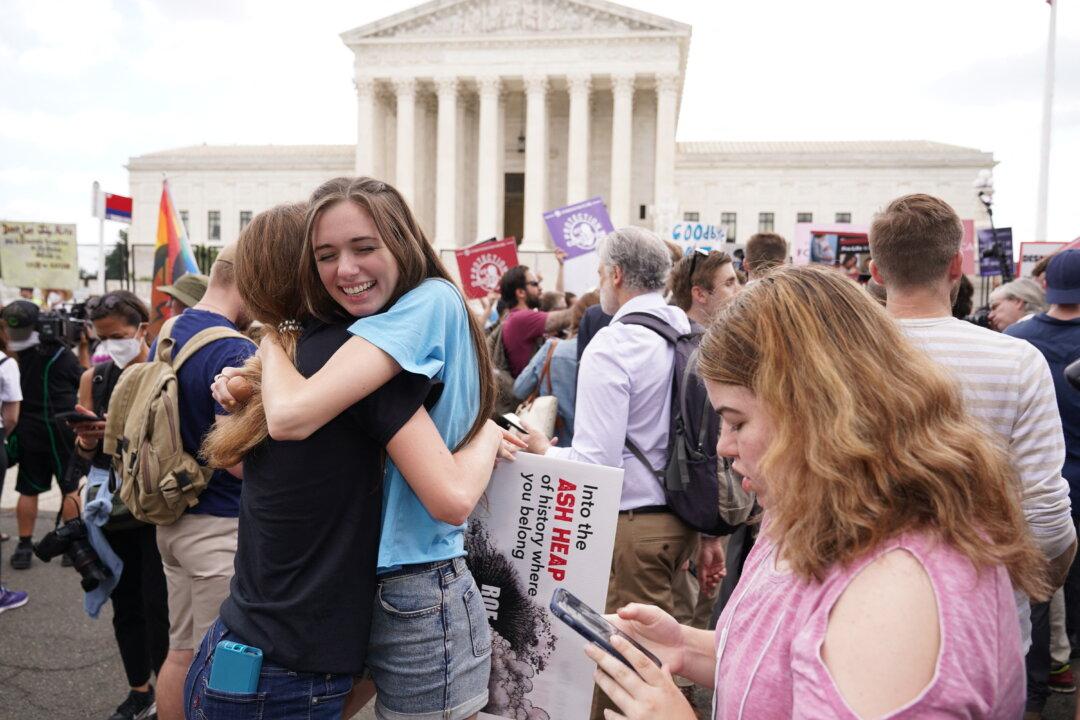Commentary
The long-awaited decision in Dobbs v. Jackson Women’s Health Organization has overturned Roe v. Wade. My emotions run the gamut.

The long-awaited decision in Dobbs v. Jackson Women’s Health Organization has overturned Roe v. Wade. My emotions run the gamut.